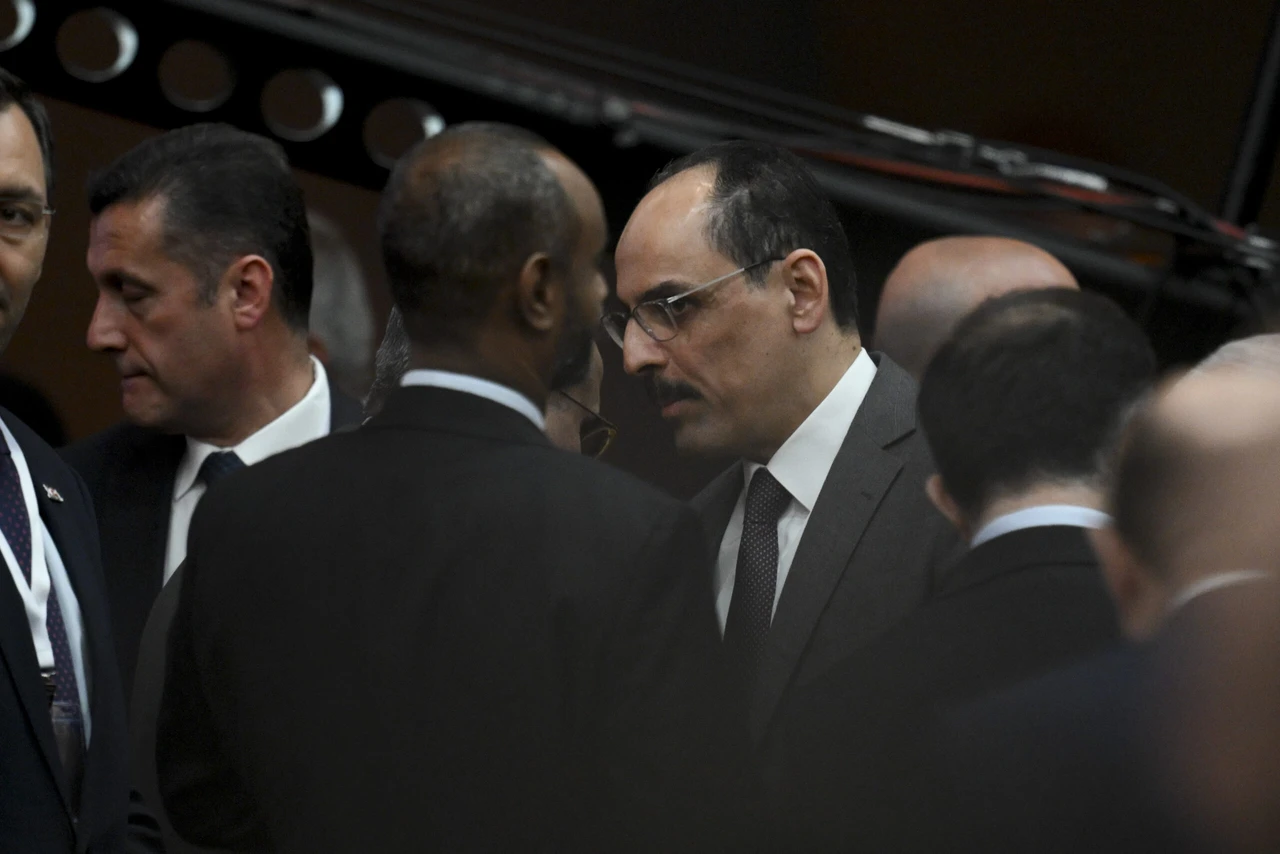Israeli airstrikes hit Hezbollah Command Center in Beirut, thousands forced to flee
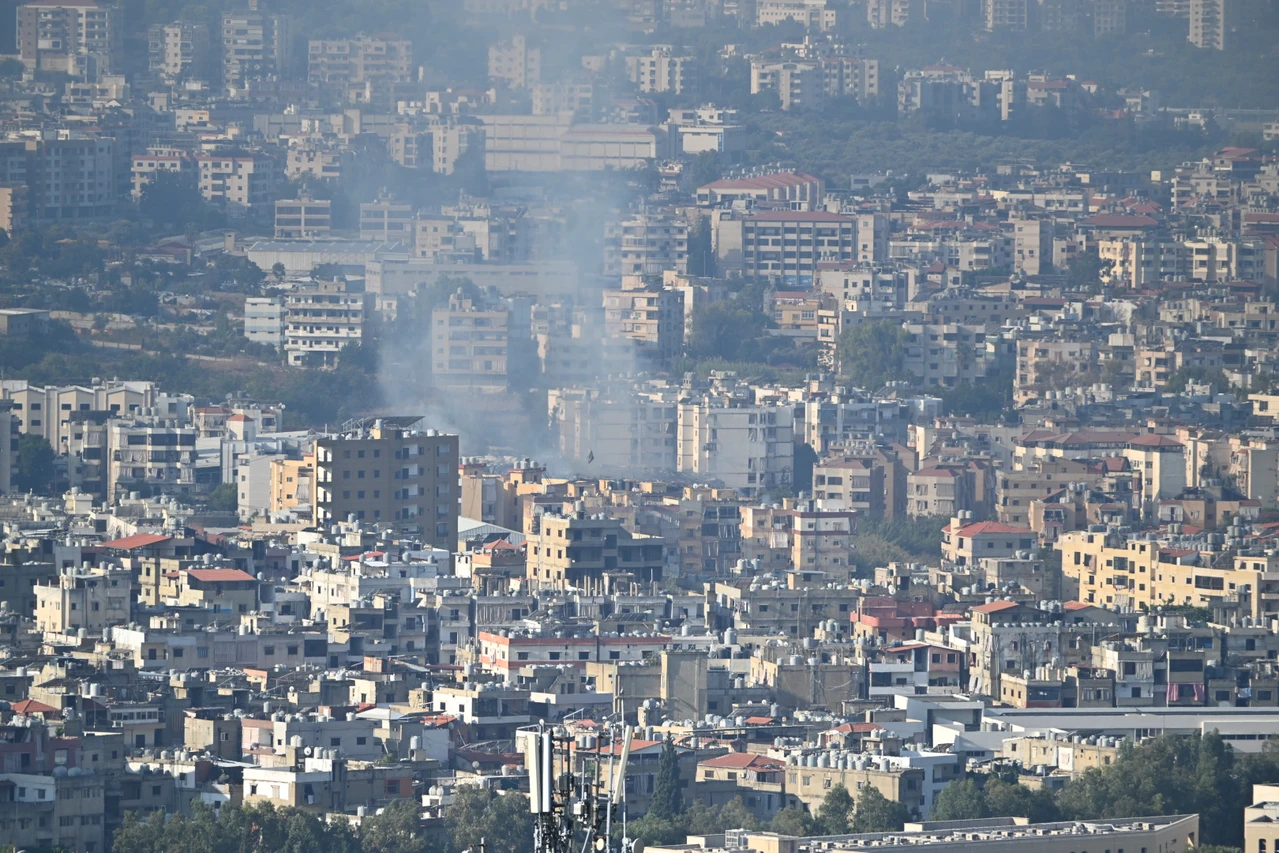 The Israeli army continues its airstrikes on the Dahiyeh region, south of the Lebanese capital Beirut. Thick smoke rose from the area as a result of the attack, Lebanon, September 28, 2024. (AA Photo)
The Israeli army continues its airstrikes on the Dahiyeh region, south of the Lebanese capital Beirut. Thick smoke rose from the area as a result of the attack, Lebanon, September 28, 2024. (AA Photo)
Israeli airstrikes reportedly targeted Hezbollah’s command center in Beirut’s southern suburbs early Saturday, marking one of the heaviest attacks in nearly a year of conflict with the Iran-backed group.
Witnesses reported over 20 airstrikes before dawn, forcing thousands of Lebanese to flee their homes in southern Beirut.
Major airstrikes target Hezbollah leader
The Israeli military intensified its campaign, with sources suggesting the airstrikes were aimed at Hezbollah’s leader, Hassan Nasrallah.
There has been no immediate confirmation of Nasrallah’s fate. However, a source close to Hezbollah told Reuters that Nasrallah was alive, and Iran‘s Tasnim News Agency reported he was safe.
An Israeli military statement said the strikes killed Hezbollah’s missile unit commander, Muhammad Ali Ismail, and his deputy, Hossein Ahmed Ismail. Israel has not confirmed whether Nasrallah was directly targeted.
“Sometimes they hide the fact when we succeed,” a senior Israeli official commented when asked about Nasrallah’s status.
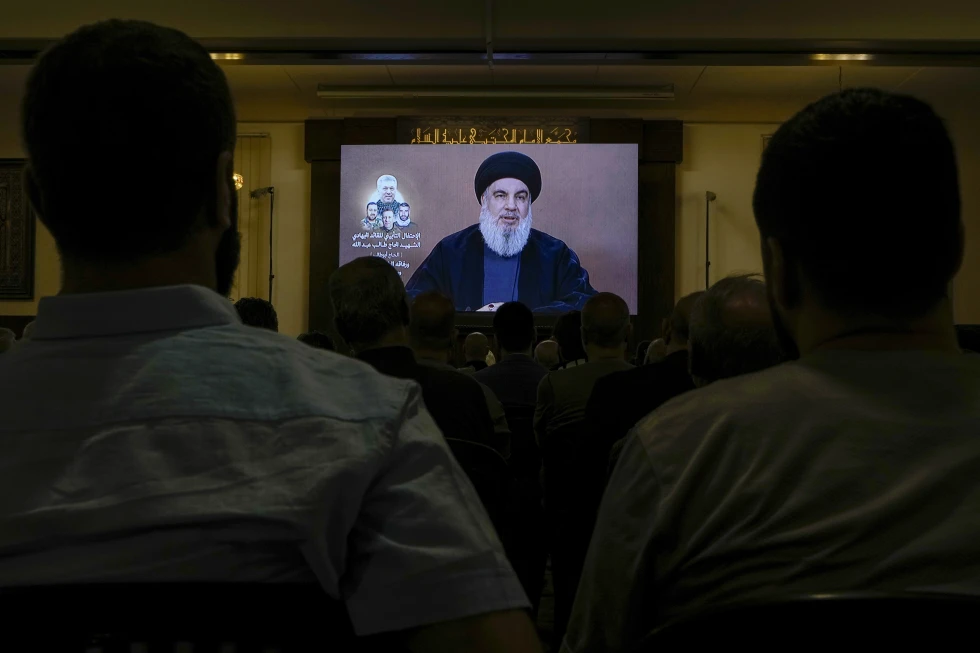
Lebanon hit hard by Israeli airstrikes
The latest barrage followed Friday’s unprecedented attack, which was the most powerful assault on Beirut during the ongoing conflict.
Israeli Prime Minister Benjamin Netanyahu defended the military action, saying, “As long as Hezbollah chooses the path of war, Israel has no choice, and Israel has every right to remove this threat.” Netanyahu cut short his trip to New York after addressing the UN General Assembly.
Lebanese health authorities confirmed six dead and 91 wounded in Friday’s strikes, with fears the death toll could rise.
Over the past week, the strikes have killed over 700 people, and Lebanese officials reported that approximately 100,000 people have been displaced in recent days, with the number of those uprooted now exceeding 200,000.
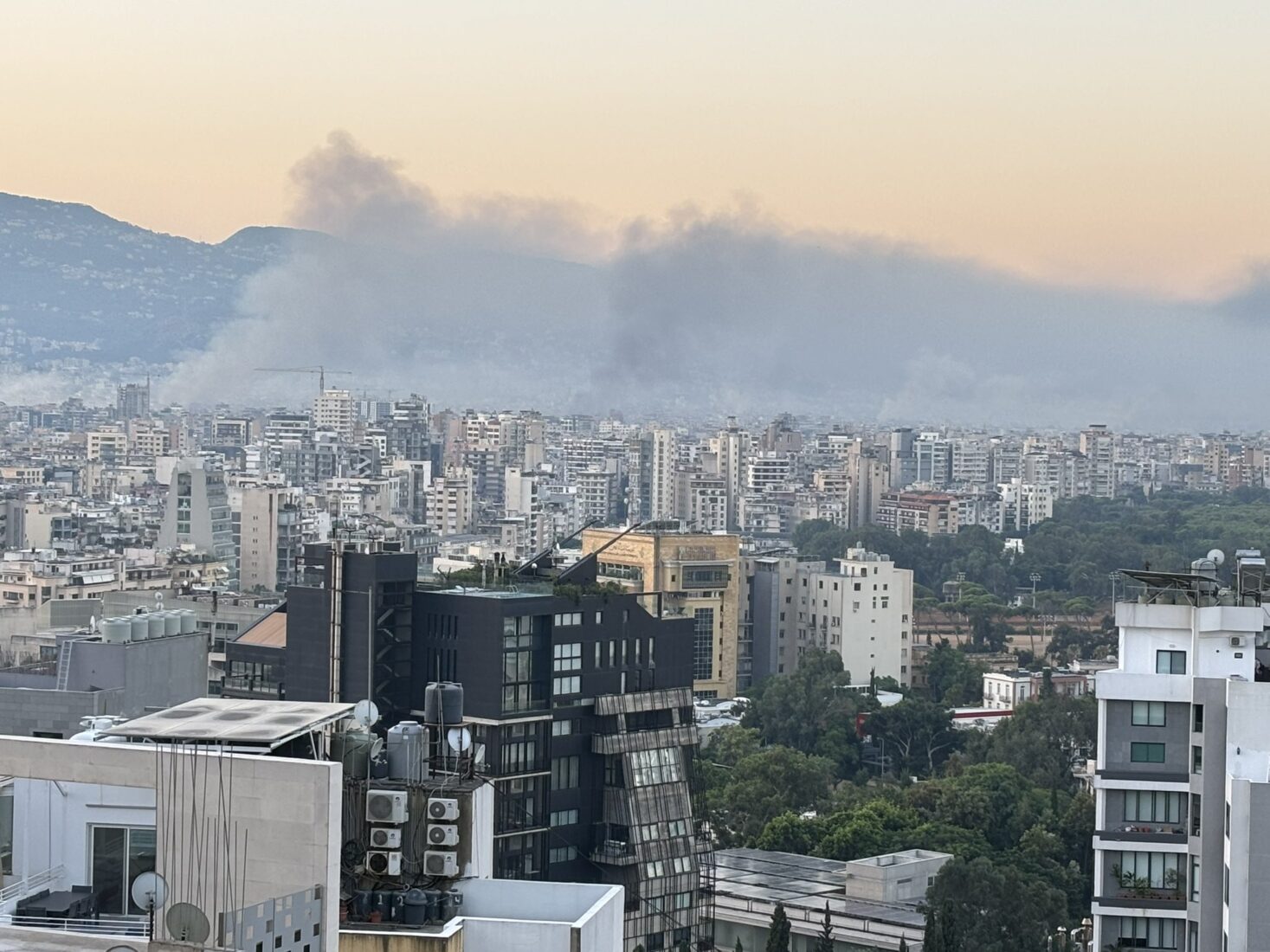
Hezbollah responds
In retaliation, Hezbollah has fired hundreds of rockets and missiles into Israel, targeting areas like Tel Aviv and Safed. Despite Hezbollah’s rocket fire, Israel’s air defense systems have minimized the damage.
Hezbollah’s media office denied any weapons depots were located in the buildings targeted by Israel in the southern suburbs of Beirut. Meanwhile, families continue to flee the conflict, with many heading to the mountains to escape further violence.
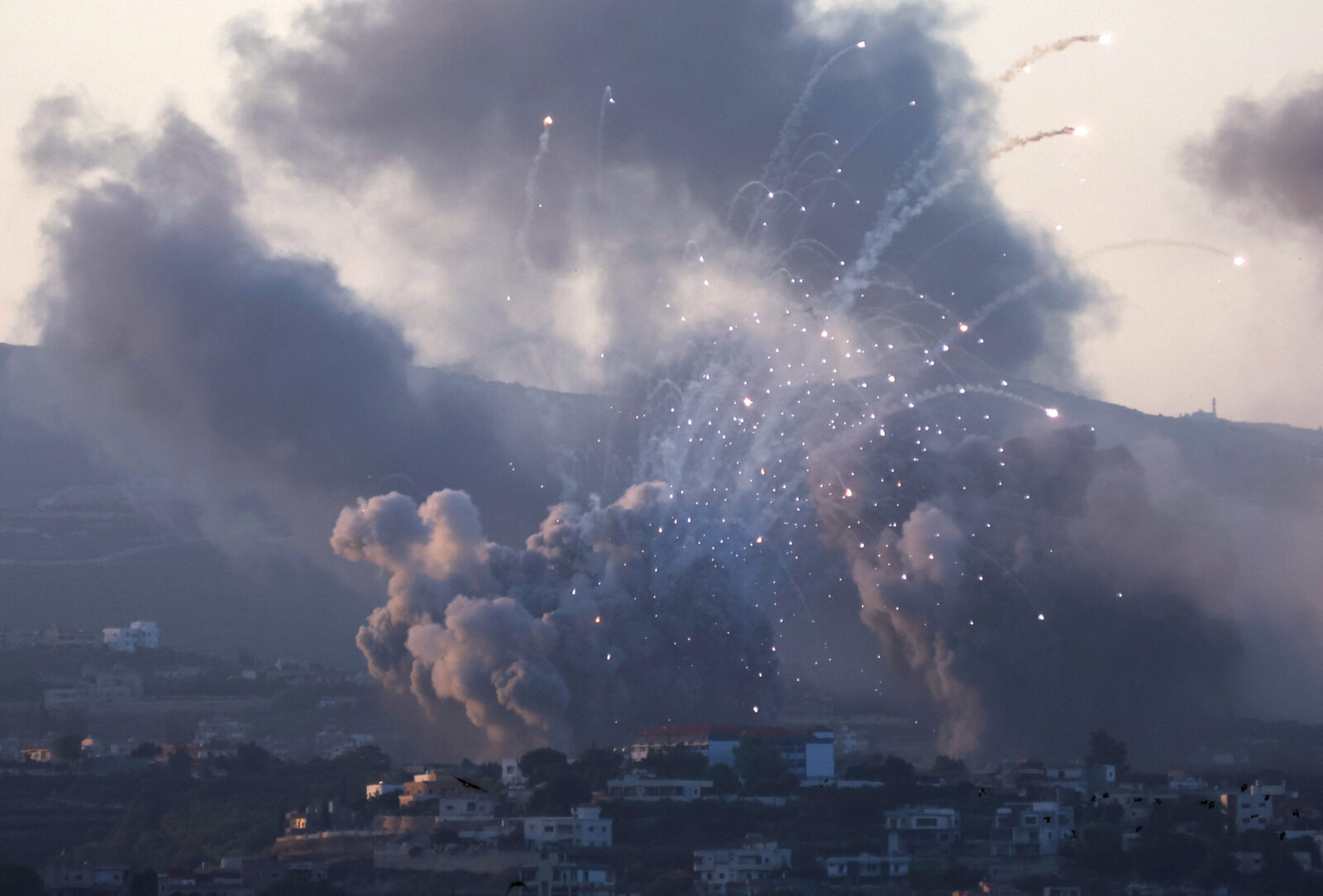
Escalation and global concerns
The escalation has raised fears of a broader conflict, potentially involving Iran, Hezbollah’s main backer, and the United States.
Iran condemned the strikes, accusing Israel of using U.S.-made “bunker-busting” bombs. U.S. Defense Secretary Lloyd Austin stated that Washington was not informed of the strike beforehand, though President Joe Biden is being kept up to date on the situation.
At the United Nations, the intensifying conflict drew concern from multiple nations, including France, which has proposed a 21-day cease-fire.
French Ambassador Nicolas de Riviere urged an immediate end to the violence, while U.S. Secretary of State Antony Blinken emphasized that diplomacy is the preferred path forward.
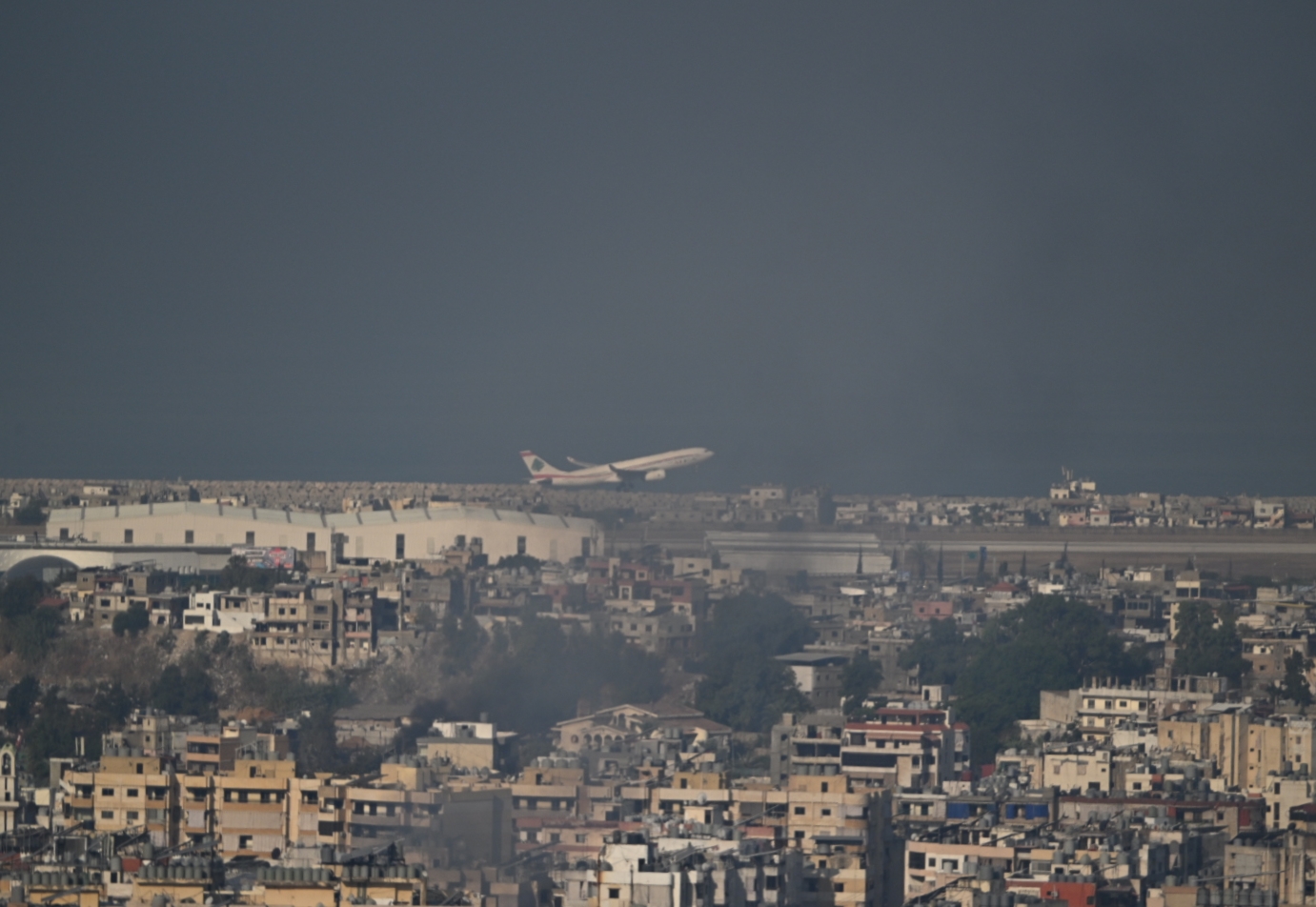
Hospitals evacuated amid strikes
Lebanon’s health ministry announced that hospitals in Beirut’s southern suburbs would be evacuated following the strikes.
A statement urged hospitals in unaffected areas to stop admitting non-emergency cases to make space for incoming patients from the evacuated facilities.

